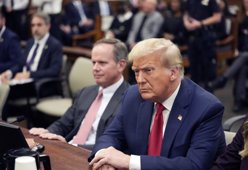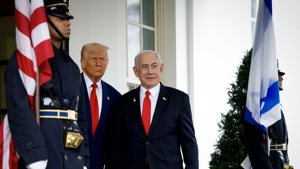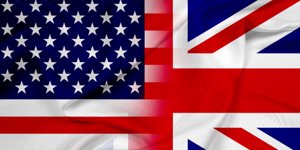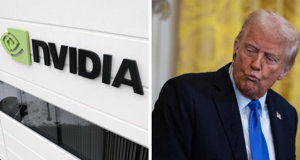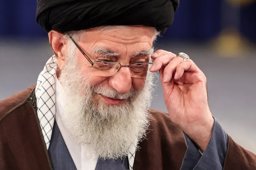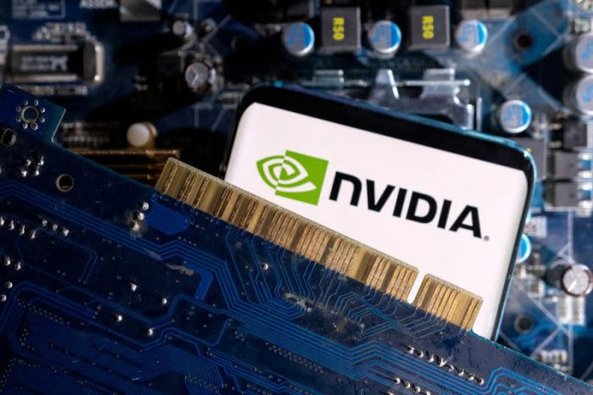
Trump Pauses Nvidia H20 Chip Ban After Meeting
The administration of U.S. President Donald Trump has temporarily halted the planned export restrictions on Nvidia’s H20 chip, the most advanced artificial intelligence processor American companies are currently allowed to sell to China. The move came shortly after a private dinner between Trump and Nvidia CEO Jensen Huang at the president’s Mar-a-Lago resort, according to an NPR report citing two sources familiar with the matter.
The restrictions on the H20 chip had been developed over several months and were expected to go into effect this week as part of broader efforts to limit China’s access to high-end AI technology. However, following discussions during the dinner, Nvidia reportedly committed to expanding its AI operations within the United States, including new investments in domestic data centers focused on artificial intelligence.
This commitment prompted the Trump administration to reconsider the immediate implementation of the export ban. While the sources emphasized that the delay is temporary, it marks a significant shift in policy direction given the months of preparation that preceded the proposed ban.
The H20 chip is part of Nvidia’s latest line of AI accelerators designed for high-performance computing and machine learning applications. With rising global demand for advanced AI infrastructure, the chip has been central to Nvidia’s international growth strategy, especially in the Chinese market.
The administration’s decision highlights the balancing act between national security concerns and economic interests, particularly as the U.S. competes with China for leadership in AI development. By securing domestic investment from Nvidia, the Trump administration appears to be leveraging private sector cooperation as a tool for strategic advantage.
As of now, no official statement has been released by the White House or Nvidia regarding the status of the export controls or the specifics of the investment deal. However, industry watchers are closely monitoring the situation for further developments that could impact the global semiconductor market and U.S.-China tech relations.

